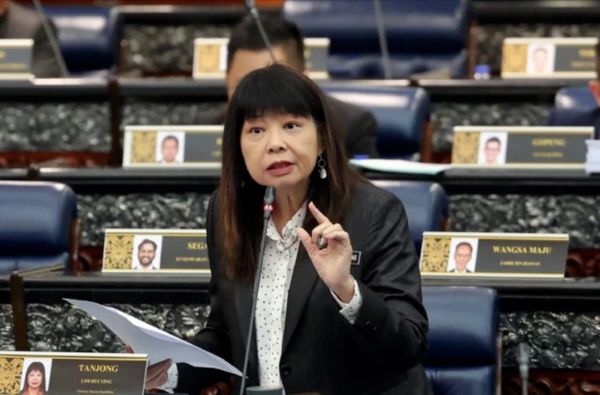By Yasmin Ramlan
KUALA LUMPUR, July 23 — Malaysia’s economy remains resilient and on a steady growth path, with the 2025 outlook expected to stay positive, Deputy Finance Minister Lim Hui Ying told the Dewan Rakyat today.
In the first quarter of 2025, she said Malaysia’s gross domestic product (GDP) grew by 4.4 per cent, with early estimates projecting a further increase to 4.5 per cent in the second quarter.
She said the national unemployment rate stood at a low 3 per cent as of May, while inflation remained stable at 1.1 per cent in June.
“The government will continue to closely monitor the current economic performance and remain focused on efforts to raise the national economic floor, in line with the Madani Economy framework,” she said during the question-and-answer session in Parliament here today.
Lim said existing initiatives implemented by the government are vital to ensure the well-being of the people continues to be safeguarded, despite rising living costs.
She was responding to a question by Opposition leader and Larut MP Datuk Seri Hamzah Zainudin on the government’s strategy to ease the burden of rising living costs, amid concerns over Malaysia’s total debt reaching RM1.5 trillion.
He also noted the World Bank’s recent projection that the country’s GDP growth will slow to 3.9 per cent this year, on the back of reciprocal tariffs from the United States.
Hamzah added that food price inflation in certain states may be worse than official data, warning that this could trigger public protests.
Lim acknowledged that while some areas have recorded higher food prices, the national average food inflation remained moderate at 2.1 per cent in June and 2.4 per cent for the January to June period.
She said the government had also anticipated some price pressures following the expansion of the Sales and Service Tax (SST), but assured that enforcement agencies are actively monitoring prices to prevent unjustified hikes.
“Indeed, when we implemented the SST expansion, we were already prepared for the impact.
“There is indeed an impact on food or living costs, but the Domestic Trade and Cost of Living Ministry (KPDN) will be on the ground to monitor prices, as the expansion is targeted. We do not want prices of goods, especially basic food items, to go up,” she said.




